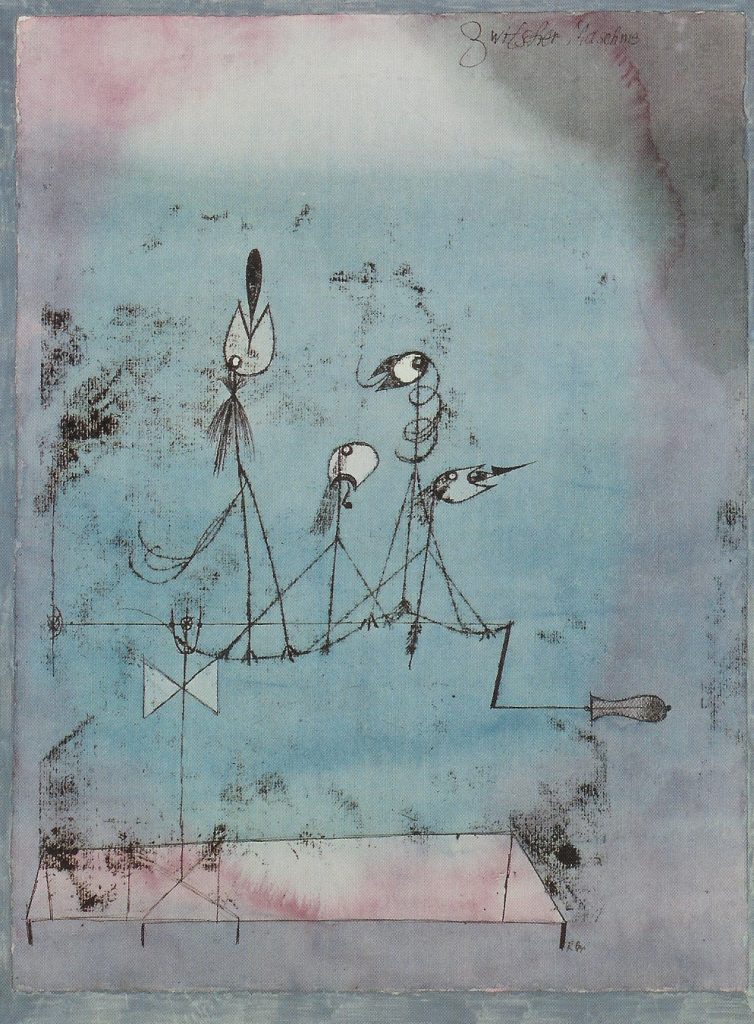Month: October 2019
(P.S. great site)
Despite the naming I am not yet 100% sure about the relationship between my blog and my wiki. They are just loosely defined in my head at the moment as both simply me hypertexting to help me think. The actuality of what I post where and when (and why) is still a bit fluid.
At first I saw the blog as being the more ephemeral of the two, the stream of consciousness, and the wiki being where thoughts go when they are fully baked. But that has not been entirely the case so far. Some things I will actually write first in my wiki, completely undercooked, and shortly afterwards post to my blog timeline once I’ve thought it through a bit more in (almost) privacy.
At the moment I think I see the wiki as being ‘the bits that I want to keep’ long-term, and the blog as being ‘the thoughts that I want to share’ in the here and now. I might piece some thoughts together on the wiki, then share them via the blog for interaction, and then polish up the thoughts on the wiki based on what I’ve learned. For me (at the moment) the blog is social and interactive, the wiki is (publicly…) private and introspective.
The main technical distinction at the moment is that I *expect* to edit the text on the wiki, whereas I generally never go back and edit things I’ve posted to my blog timeline. (And in fact, I’m thinking about also automatically making timeline posts older than X months become private).
Maybe I should think of them *both* as my commonplace book, taken together.
Thanks for posting your thoughts, Frank, it made me think about some of mine. In case you haven’t seen it, Kicks’ post on hypertexting is very good – https://www.kickscondor.com/hypertexting/. And Ton has some great thoughts on it of course (https://www.zylstra.org/blog/2019/06/the-blog-and-wiki-combo/) 🙂
In the Novara interview, Seymour talks about how when using social media (controlled by social industry) you are in some ways interacting more with a machine than with other people. Likes, retweets, etc, are part of this machinery. These have become industrial abstractions of actual social relations.
Analagous in some ways I feel to how Taylorism abstracted the movements of skilled labourers into smaller and smaller discrete motions, which could then be mechanised and repeated monotonously without skill or craft.
Digital time-and-motion men have abstracted social interactions into meaningless facsimiles of real interaction, real desire or affection.
Better a social craft than a social industry I think. Small tech and social software can be part of a that I think, but re-repurposing or even breaking some of the frames that industry co-opted and mechanised.
Writing a blog post, or a considered reply to someone else’s, takes more time and emotional craft than a like. But it’s more rewarding overall. It’s hopefully less alienating.
Like before the industrial revolution, people had spinning wheels and hand looms in their homes. The industrial revolution brought in spinning frames, power looms, centralisation, mass production and a whole shitload of exploitation around the globe to go along with it. Why? Where’s that tendency come from?

